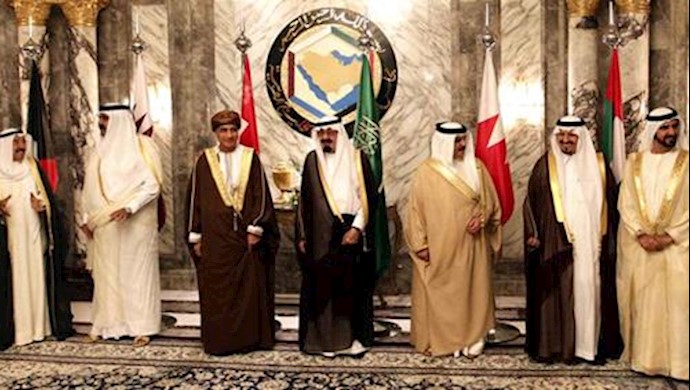Pakistan Today, Jan. 5. 2017 – US Gulf allies are looking at Donald Trump to tilt Washington in their favor, analysts say.
Still fuming after the nuclear agreement was brokered over their objections, Saudi Arabia and its fellow Sunni Arab states in the Gulf hope Trump will rebalance ties at the expense of their regional rival Tehran.
Washington’s traditional allies in the Middle East are concerned, however, over the potential uncertainty of a radical move to go back on the deal with Iran.
“Eight years of (President Barack) Obama’s administration destroyed the balance of power in the region completely,” says Mustafa Alani, a senior adviser to the Gulf Research Centre.
Gulf states “hope now that under Trump the regional balance of power is going to be restored” after Obama “just ignored Iran’s expansionist policy” in the Middle East, Alani says. The oil-rich Gulf states have been highly critical of the nuclear deal, fearing it would lead to more regional “interference” by Tehran.
The Sunni Gulf monarchies oppose predominantly Shia Iran in a range of conflict-ridden countries across the Middle East, from Syria and Iraq to Yemen and Lebanon.
Trump has also opposed the agreement, which lifted sanctions in exchange for curbs on Tehran’s nuclear program. He called it the “worst deal ever negotiated”.
Given the potential for uncertainty, many experts expect the deal to survive, despite Trump’s rhetoric. “I believe all the Gulf states will counsel Trump to maintain the agreement rather than introduce a huge new uncertainty into the region,” says Richard LeBaron, an analyst associated with the Atlantic Council in Washington.
Trump may “choose to live with” the Iran accord and focus “on other aspects of the Iranian threat like its missile build-up”, says Anthony Cordesman, of the Center for Strategic and International Studies in Washington.
Analysts say Trump is likely to rebalance relations in other ways, however. Cordesman noted that three figures known for their distrust of Tehran figure prominently in Trump’s team. They are retired lieutenant general Michael Flynn, national security adviser; retired Marine general James Mattis, nominated as defence secretary; and former Exxon-Mobil chief executive Rex Tillerson, Trump’s choice for secretary of state.
“All three see Iran as a serious potential threat, recognize the strategic importance of Iraq, and the role Arab states play in deterring Iran,” Cordesman says.
For LeBaron, “the targeting of Muslims as the source of the security problem will inevitably darken Saudi-American relations”.
Another stumbling block may come in the form of energy policy, a crucial question for the Gulf and Saudi Arabia, the world’s largest oil exporter.
Trump will certainly be “very favorable to the development” of shale oil and gas in the United States, says Jean-Francois Seznec of the Atlantic Council’s Global Energy Center, putting Washington in potential conflict with Gulf producers.
US Gulf allies look to Trump with hope and fears
RELATED ARTICLES








